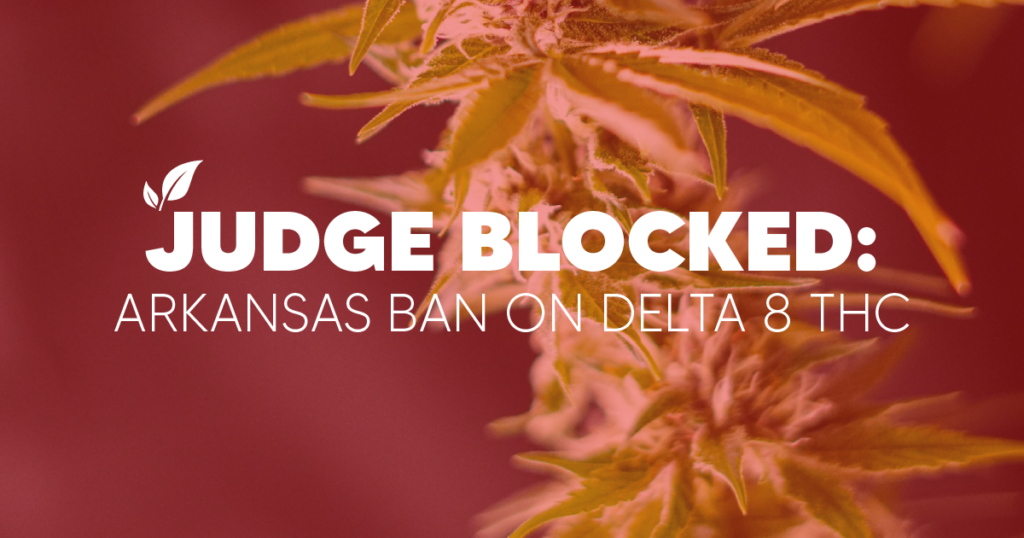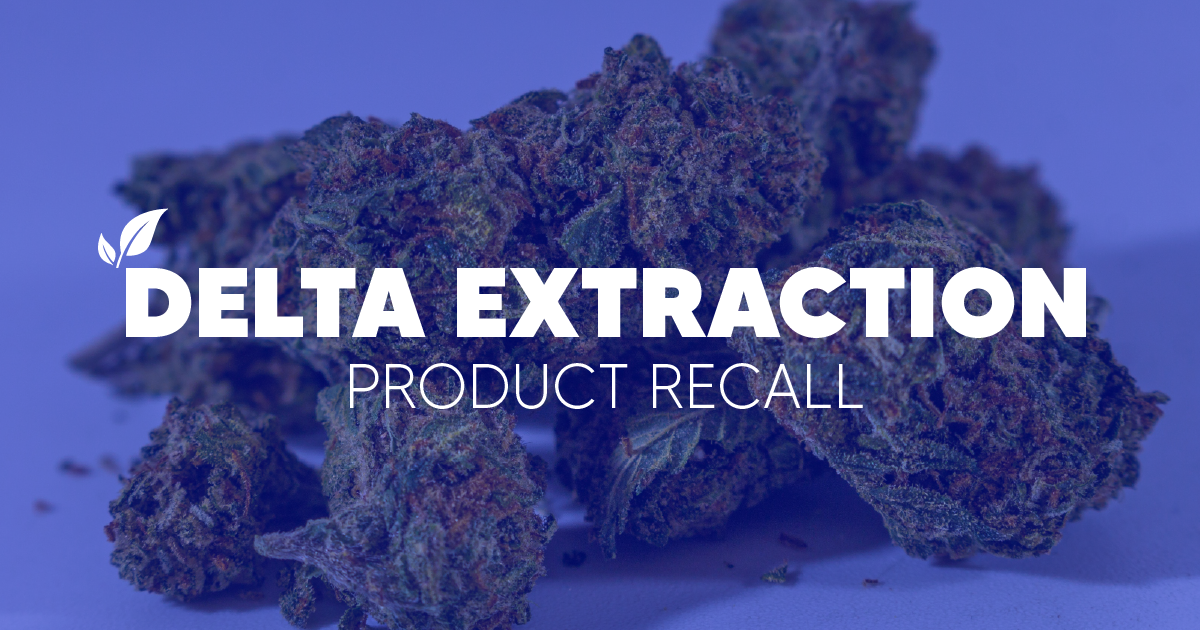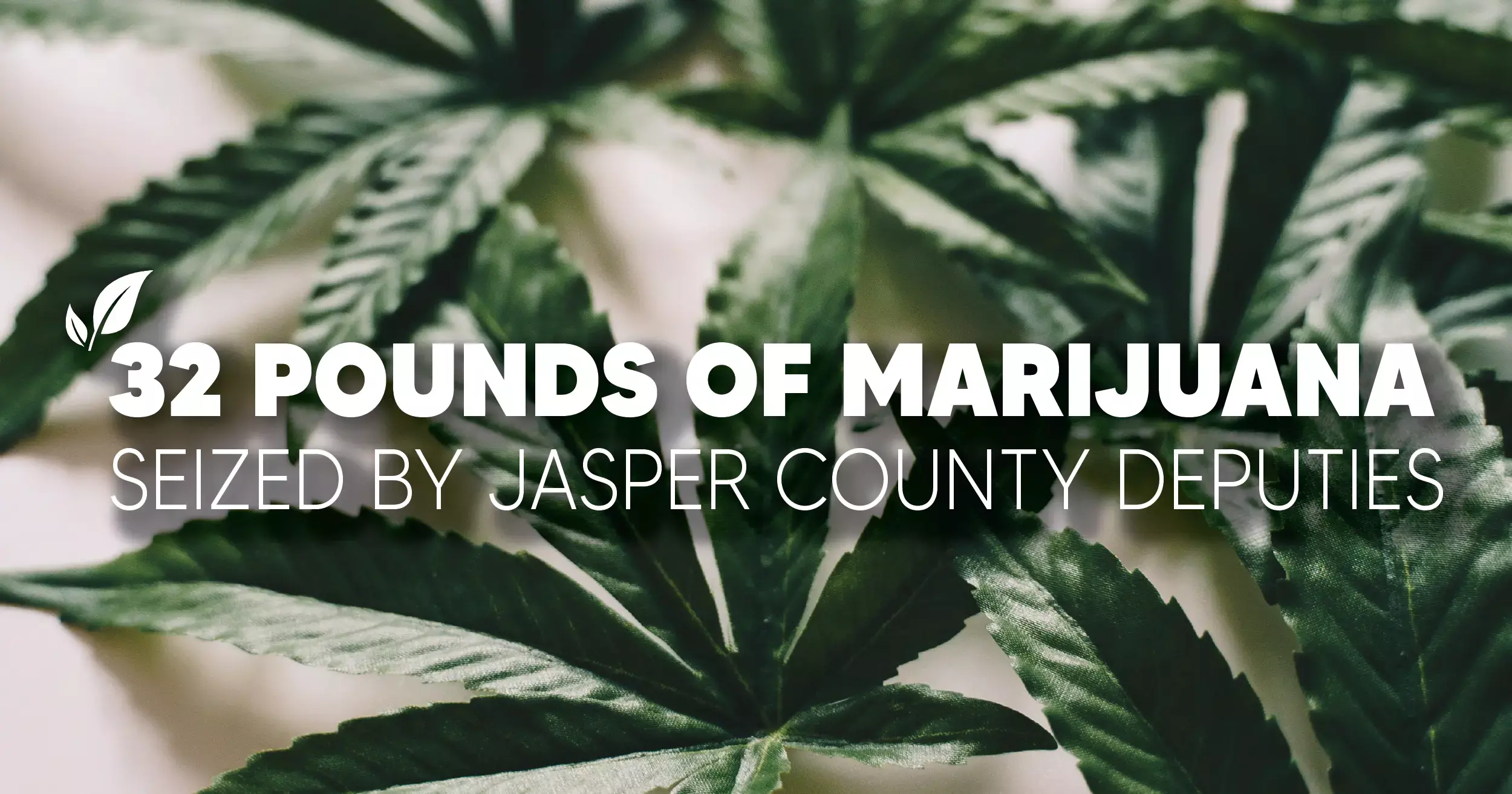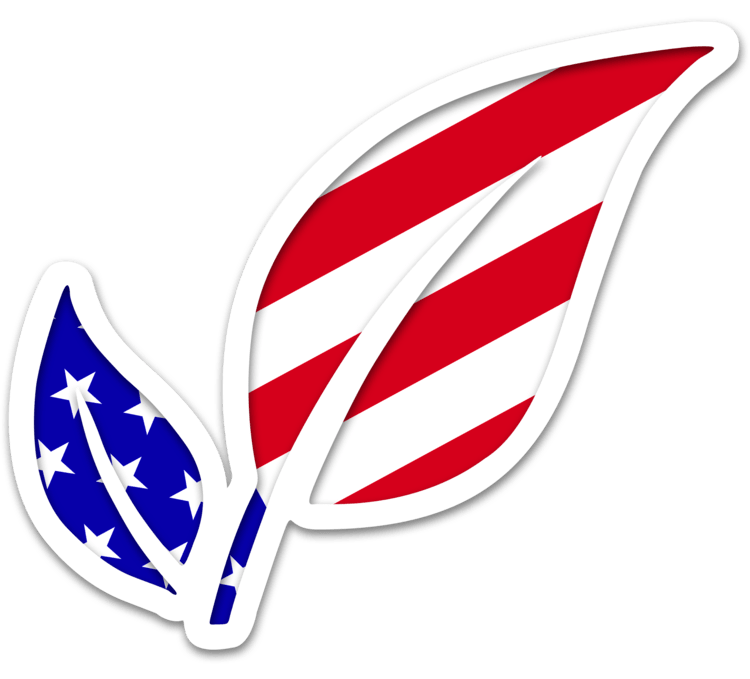In a recent turn of events, a federal judge has blocked the enforcement of an Arkansas law banning the sale of Delta 8 THC products in the state. This decision comes as welcome news for producers, marketers, and consumers of these products. Let’s delve into the details of this case and its implications.
The Ban on Delta 8 THC Products
The Arkansas state legislature passed Act 629 in 2023, aiming to ban the production and sale of products containing Delta 8, Delta 9, Delta 10, and other THC isomers within the state. These products had been legal at the federal level since 2018, thanks to provisions in the 2018 Farm Bill that removed hemp containing less than 0.3% dry weight Delta 9 THC from the list of controlled substances. It’s important to note that hemp containing more than 0.3% dry weight Delta 9 THC is classified as marijuana and remains prohibited federally, despite the legalization of marijuana for medical and recreational use in various states.
The Legal Challenge
A group of four cannabis-related businesses from Arkansas, Colorado, and Texas filed a lawsuit in federal court to overturn this law and requested a temporary restraining order or preliminary injunction to block its enforcement. The lawsuit named several defendants, including Governor Sarah Huckabee Sanders and Attorney General Tim Griffin.
The plaintiffs argued that Act 629 placed their businesses at legal and financial risk for selling products that were considered legal under the 2018 Farm Bill. They contested that Griffin, as the state’s chief law enforcement officer, and Sanders, as the governor, had active roles in enforcing the law, making them necessary parties in the lawsuit.
The Federal Judge’s Ruling
U.S. District Judge Billy Roy Wilson denied the state’s motions to dismiss the lawsuit and to grant immunity to Governor Sanders and Attorney General Griffin. He agreed with the plaintiffs that both officials played significant roles in enforcing the law. Judge Wilson also stated that while states can pass more restrictive laws regarding hemp production within their borders, restricting the transportation of hemp products through the state violates federal law.
Additionally, Judge Wilson found that the language used in Act 629, particularly terms like “continuous transportation,” “synthetic substance,” and “psychoactive substances,” was vague and confusing. He questioned how a person of reasonable intelligence could interpret these terms and highlighted the lack of explicit statutory definitions. He also raised concerns about phrases like “danger of misuse” and “other risk to the public,” as they lacked clarity and standards.
The Implications
With this ruling, the federal judge granted a preliminary injunction blocking the state from enforcing Act 629. This decision is seen as a victory for Delta 8 THC product businesses, which faced the prospect of criminal sanctions and lost profits if the law were allowed to stand.
Attorney General Griffin expressed disappointment in the ruling and vowed to continue efforts to implement the law. On the other hand, the plaintiffs’ attorney, Abtin Mehdizadegan, welcomed the decision and called for an end to the enforcement of what he deemed “decidedly unconstitutional laws.”
In essence, the judge’s ruling suggests that the state’s attempt to ban Delta 8 THC products is legally problematic due to vagueness in the law’s language and potential conflicts with federal regulations. While the legal battle continues, consumers and businesses involved in Delta 8 THC products in Arkansas can breathe a sigh of relief, at least temporarily.




